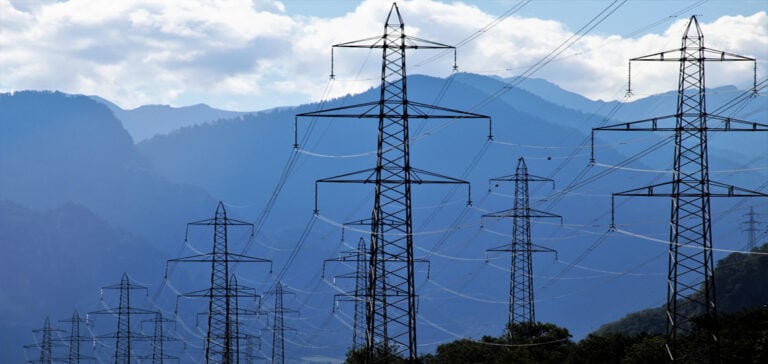The French government is planning to temporarily limit the electricity consumption of thousands of residential customers over the winter. This measure is designed to avoid planned outages in the event of extreme voltage on the power grid. The Ministry of Energy Transition has confirmed that this project is in the pipeline, but has clarified that it is not linked to the current situation of the electricity system for this winter.
More Favorable Current Conditions
According to the Ministry, current conditions on the power system are much better than the previous year, with lower tension on the grid at the same period. France has even become an electricity exporter in 2023, compared to its status as a net importer in 2022. This improvement is partly due to the reduction in electricity consumption and the gradual return to service of nuclear power plants.
Explore a New Network Protection Tool
Nevertheless, the government is keen to explore the possibility of introducing a new tool to protect the power grid in the event of extreme voltage and avoid planned blackouts, such as those feared during the winter of 2022. This new approach is part of the national strategy to strengthen the resilience of the power grid.
Experimenting with Power Reduction
The planned experiment would involve temporarily reducing the power available from Linky residential meters to 3kVA, compared with the usual 6kVA. This means fewer electrical appliances could be running simultaneously, reducing the load on the power grid. Around 200,000 people would take part in the test, which would take place over a period of a few hours. Participants will be notified in advance and informed of the details of the experiment.
Measures of Last Resort
The Ministry specifies that this mechanism will only be activated if all other means of avoiding a widespread power cut prove insufficient. Other measures, such as mobilizing production capacity, importing electricity, voluntarily reducing consumption by industries and lowering the voltage on electrical appliances, would be considered first. These alternative methods have been introduced to guarantee the stability of the power grid in the event of high demand.
Scheduled for the Winter Season
The draft decree stipulates that the experiment will take place during the winter season, when demand for electricity is highest due to heating requirements. This period is particularly critical for the power grid, as electricity consumption peaks due to electric heating, radiators and household needs.
It should be noted that this initiative is not a direct response to a current critical situation, but rather a preventive measure to strengthen the network’s ability to cope with situations of extreme stress. The Ministry insists that France currently has a level of tension on the power grid well below that of the previous year at the same period.
The publication date of the decree is not yet known, as the Ministry is in the process of consulting stakeholders to finalize the text. This approach is part of a commitment to transparency and the inclusion of the opinions and recommendations of stakeholders.
Improving Grid Resilience
France is looking to improve the resilience of its electricity network by exploring new tools and mechanisms for dealing with exceptional situations. The aim is to guarantee a reliable supply of electricity, even in the event of severe constraints on the grid.
To sum up, France is planning to experiment with the temporary limitation of electricity consumption for residential customers, in order to reinforce the stability of the power grid in the event of extreme voltage. This measure is designed to avoid planned blackouts and improve the resilience of the power system. The draft decree is currently being prepared, and consultations with stakeholders are underway to finalize the text.






















